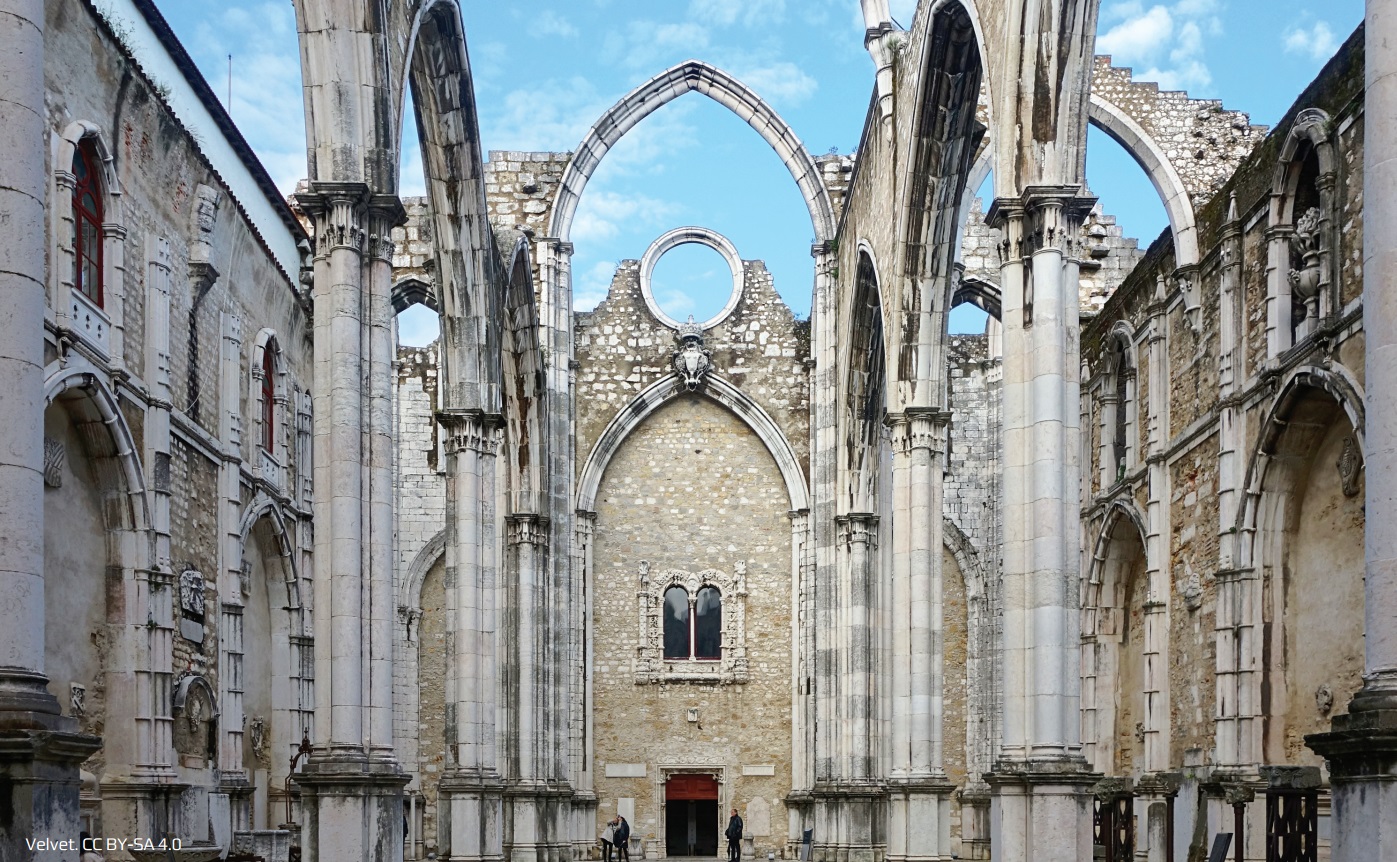Applications are open for the summer course “The idea of Europe: from the Lisbon Earthquake to the Treaty of Lisbon”. The course will be held between July 23 and 27 and will be led by researchers from the Center of International Studies (CEI-IUL) Rui Tavares and Luís Nuno Rodrigues. It will have a duration of 20 hours, running from Monday to Friday between 6pm and 10:30pm . The course is organised by the Center for International Studies and the Institute for Public and Social Policies of ISCTE-IUL and is aimed at university students, diplomats, the military, and professionals involved in European affairs.
With the European Union at a crossroads in this second decade of the 21st Century, this course proposes an informed reflection on the idea of Europe and how, through the history of the last 250 years, this idea has been able (or not) to bring together different peoples and nations within the European space. A series of 10 sessions will address fundamental aspects of the historical development of European identity, from the Enlightenment and the Lisbon earthquake, to the present day, with the Treaty of Lisbon and the crisis of European institutions. The theoretical, ideological and normative dimensions of European values and norms, as well as the development of the institutional architecture and the treaties that gave rise to the present structure of the European Union, will be other topics to be addressed.
The idea of Europe: from the Lisbon Earthquake to the Treaty of Lisbon
- Coordination: Rui Tavares (CEI-IUL), Luís Nuno Rodrigues (CEI-IUL)
- Date: July 23 -27
- Time: 6:00 p.m. – 10:30 p.m.
- Credits: 6 ECTS
- English language
- Applications and applications: April 16 – July 20
- Price: 100 Euros | Students: 50 Euros
- Application and Registration fees: 35 €
Structure of the program:
- Introduction, by Rui Tavares & Luís Nuno Rodrigues
- The roots of Europeanism: from the Lisbon Earthquake to the Treaty of Lisbon 1
- The roots of Europeanism: from the Lisbon Earthquake to the Treaty of Lisbon 2
- Leading European actors: who matters and why?
- Main domestic challenges: the rise of populism and Brexit
- Fortress Europe, Schengen and the refugee crisis
- Is the EU still a trade giant?
- The EU, the growing multipolar order and the United States of Trump
- Instability in the neighborhood: is European normative / civil / ethical power still relevant?
- Final Round-Table: The future of Europe
Apply here!
